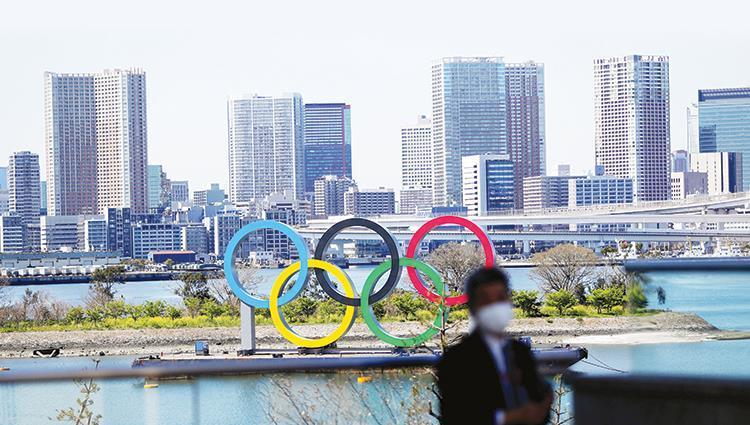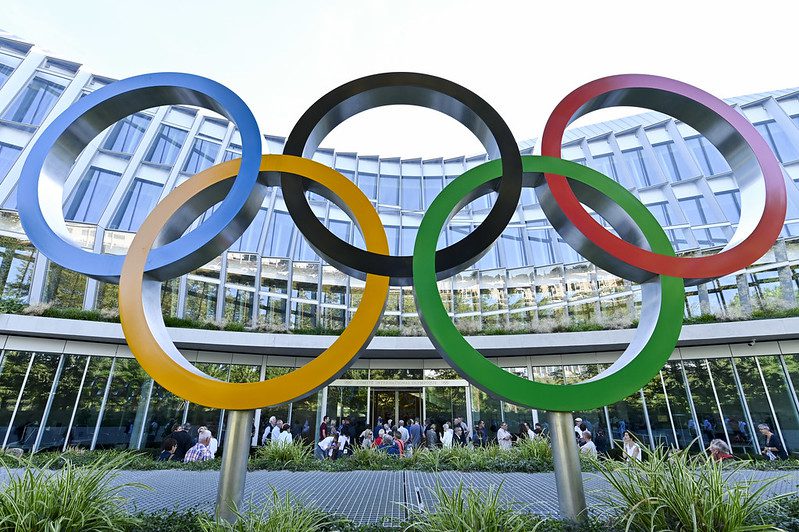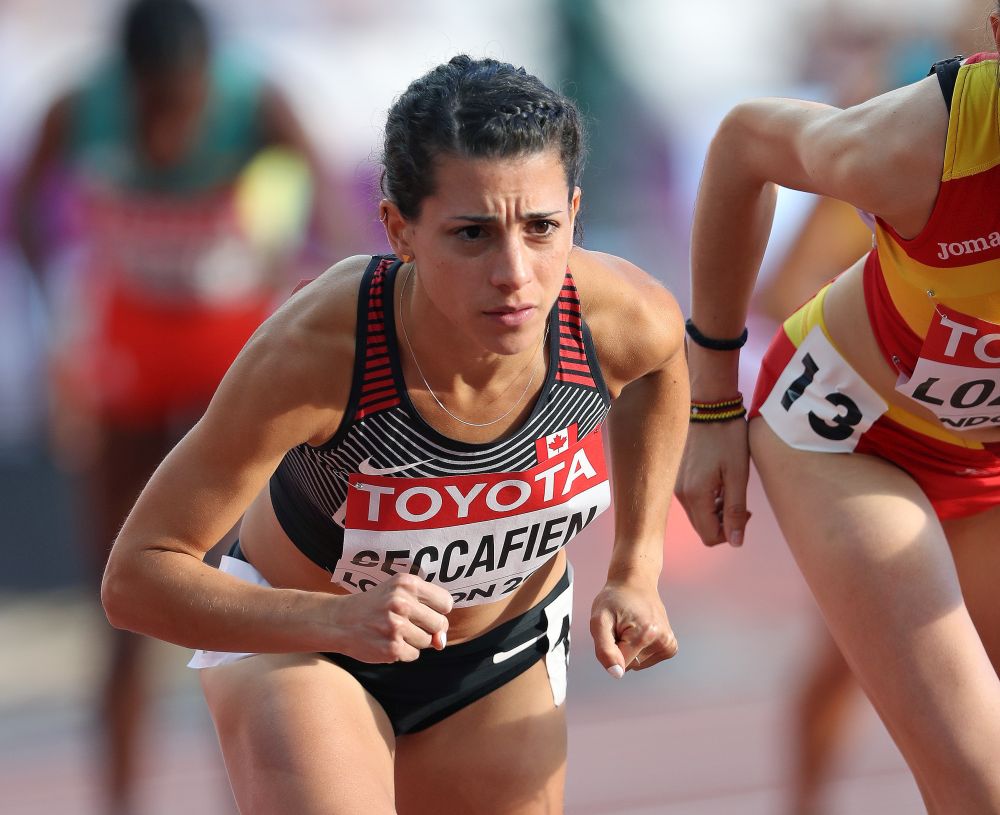Olympic organizers will increase COVID-19 testing at Games
The newly-updated playbook for athlete safety emphasizes testing, tracking and isolation

With less than three months to go before the Tokyo Olympics, event organizers have announced further updates to their original playbook, which was released in early February. This new version looks similar to the first, but includes an even greater emphasis on frequent COVID-19 testing and athlete tracking.

RELATED: Athlete poll supports rule 50, IOC to punish protestors at Tokyo Olympics
The original playbook specified that athletes and coaches would be tested every four days, but the updated version now mandates that all 15,000 of them will be tested every single day. All participants must produce two negative COVID-19 tests before leaving their home countries and will be tested again upon arrival in Japan. In an interview with the CBC, Athletics Canada high-performance director Simon Nathan says he welcomes the increased testing, saying that while it will be “a pain,” it will decrease the possibility of false positives.
“Everybody they’ve had contact with has to lockdown. It takes a long time to unwind that piece, and so many people are involved [in the event of a positive test],” he said. “And I think testing more regularly just mathematically removes the chances of false positives.”
COVID-19 cases have been surging in Japan, and Tokyo has come under a third state of emergency as of this week. This updated 60-page playbook will place tight restrictions on athletes, and there will be penalties for those who do not comply. Nathan adds that these plans “depend on everybody exactly following the rules.”
According to the playbook, athletes will not be allowed to go anywhere other than the athlete’s village and their training and competing venues. They will only be allowed to use dedicated vehicles to travel and will not be permitted to use public transit. Where participants will be allowed to eat will be restricted to catering facilities at Games venues and the Athletes’ Village, and they must wear masks everywhere but on the field of competition.
Athletes and coaches will not be required to quarantine upon arrival in Tokyo, but they must submit a detailed schedule of what they will be doing during that period, and will be required to download two smartphone apps, including a tracking app and a daily health-reporting app. A decision on venue capacity has not yet been released, but there will be no international fans, including the athlete’s families, allowed in attendance.

Canadian 5,000m runner Andrea Seccafien spoke with the CBC about the rules, expressing her concern that athletes will still be eating together in communal dining halls and traveling to events together on buses.
“I also don’t really know how you control the movement of 15,000 people,” she said.
Athletes are not required to be vaccinated before arriving in Japan, where only about one per cent of the population has been vaccinated, but many countries are giving their athletes priority access to vaccines ahead of the Games. David Shoemaker, the CEO and secretary-general of the Canadian Olympic Committee has maintained that Canadian athletes will not be jumping the queue, but others do not agree with his stance. Gar Leyshon, coach of Olympic decathlon bronze medallist Damian Warner, has pointed out that it makes sense to vaccinate the athletes, since the Olympic team makes up such a tiny fraction of our population.
“If you are going to have the Olympics and send a team, then vaccinate them, it is literally 0.00002 per cent of the population,” he said to the CBC. “And do we really want unvaccinated athletes returning to Canada from the biggest super-spreader event in history?”
Many people, including a large portion of the Japanese population, believe the Games should be cancelled, but as of now the IOC is adamant they will go on. These Olympics will be a far cry from the jubilant celebration we are used to, but the hope is that with these rules in place, athletes will stay safe and healthy.
RELATED: Top Japanese official says canceling the Olympics remains an option


